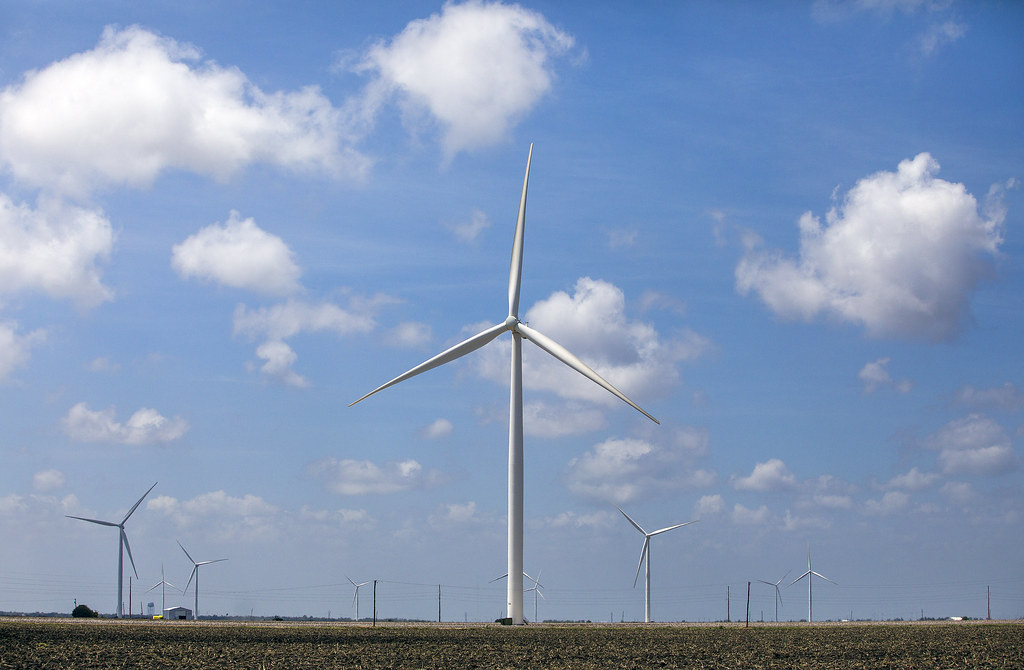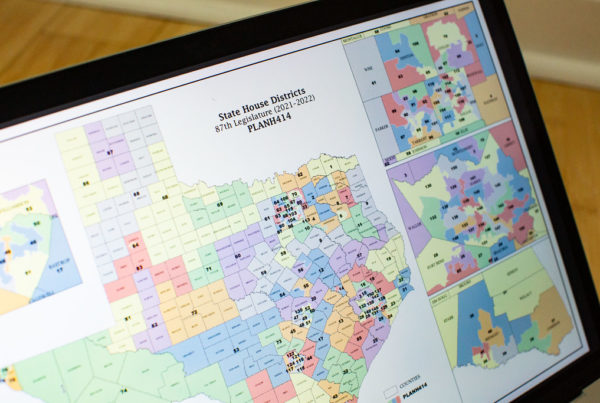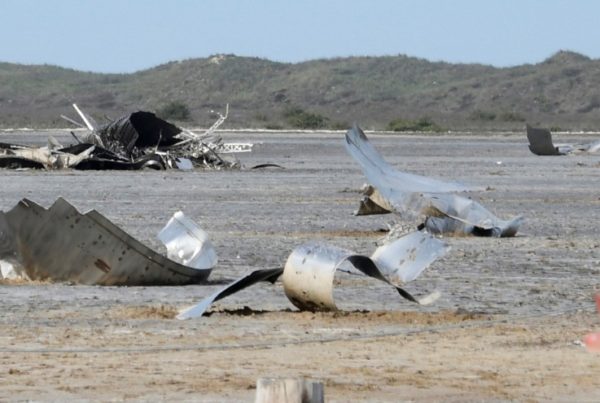Renewables weren’t primary factor in Texas’ mid-April power crunch
In mid-April, the Texas power grid was faced with a dilemma that looked dangerously familiar to the conditions that led to the February blackouts during the deadly winter freeze: Electricity supply was struggling to keep up with demand.
The Electric Reliability Council of Texas assured Texans that the mid-April tightness in the energy market wouldn’t lead to any widespread blackouts, but the situation produced more questions about the grid’s overall reliability. In a reprise of the blame casting that occurred in the aftermath of the February blackouts, many observers pointed fingers at the state’s renewable energy generators.
“Conventional generators are very thin right now because Texas has gone to so many renewables,” Institute for Energy Research CEO Robert Bradley told the Houston Republic, a website within the network of pay-for-play local news sites owned by Metric Media.
The Houston Republic article, published April 16, was one of many that began appearing on Metric Media websites targeting renewable energy. Another Metric Media article, based on comments from a renewable energy subsidy opposition group, ran the same day with the headline: “Texas was once again at the mercy of wind generation — and it did not come through.”
Several of these articles were pushed to online audiences via paid promotion on Facebook.
Investigations from The New York Times and Columbia Journalism Review have identified Metric Media as a network of sites masquerading as local news. Over 1,300 sites have been launched across the nation, including 74 in Texas. According to the investigations, the media company accepts payment from clients, most with a conservative viewpoint, in exchange for tailor-made news articles.
“The sites appear as ordinary local-news outlets, with names like Des Moines Sun, Ann Arbor Times and Empire State Today. They employ simple layouts and articles about local politics, community happenings and sometimes national issues, much like any local newspaper,” the Times reported. “But behind the scenes, many of the stories are directed by political groups and corporate P.R. firms to promote a Republican candidate or a company, or to smear their rivals.”
It’s unclear what money, if any, is behind the April 16 articles published in Texas. A spokesperson for the Institute for Energy Research said that the group’s leadership is unfamiliar with Metric Media, “which probably means no payments have been made.” The article’s author, Juliette Fairley, declined an interview and forwarded questions to a Metric Media editor, who did not respond.
The institute declined to identify donors per policy. According to Republic Report, a site that tracks how money influences policy decisions, the Institute for Energy Research was co-founded by Charles Koch, chairman and CEO of the refining and chemicals company Koch Industries and a benefactor of many conservative causes.
Bradley’s comments, and those of other interest groups, appear at a time when Texas legislators are sorting through a variety of policy fixes — some large, some small. Ultimately, Bradley said he hopes to see policies that limit the proliferation of renewables in the Texas grid.
“We need a lot less wind and a lot more natural gas and even coal,” he told the Houston Republic. “There have been coal retirements and some of those ought to probably come back for the summer. Texas has reached the limit of our renewable dependence. There certainly should not be any more wind or solar for the grid.”
But is it accurate to attribute Texas’ mid-April energy crunch to renewable sources? We found that there are two ways of answering this question, by looking at the direct and indirect causes…
Read the full story and see how Bradley’s claim scored at PolitiFact. And listen to an interview with PolitiFact’s Brandon Mulder in the audio player above.















